Since your cat will live over half their life as a senior, it's important to understand how you can best to meet the nutritional requirements of older cats. It's common for older cats to put on weight because they are a lot less active and even though there have been some major advances in cat care both by vets and in education cat owners, cats still have problems withoptimumnutrient absorption and therefore don't always get the most benefit from their meals.
One of the major problems you'll encounter when looking after an older cat is the battle to keep their weight at a suitable level. Cat's are classed as seniors from the age 7 to 11. After the age of 11 they become a mature cat. So from the age of 7 your cat is classed as an older cat and therefore will have different nutritional requirements.
Many brands of cat food such as Whiskers and Iams have cat food ranges which have been developed to take your cat from a kitten to an older cat. While it might be easier for your pocket if you choose a cheaper cat food, it will be better for you and your cat, if you can help your cat live a long and happy life. Cat food tailored to each of the cat life stages will help do this.
Just like humans as cats get older, their ability for their body to repair itself decreases, this is the same for their ability to look after themselves such as cleaning and grooming. Unfortunately in older cats illnesses and problems with weight become more of an issue.
When a cat reaches the age of 7 they begin to put weight on. You'll may find that they spend more time sleeping, less time hunting, this with the combination of a slower metabolism results in the weight gain.
However as they get a little older, around the age of 11 their senses tend to go, so they become less interested in food. If they can barely taste and smell their food they won't get much enjoyment out of eating it. Due to this they don't eat as much and they begin to lose weight. Not only do they take less interest in food but their bodies are less able to absorb what they need from it. As a result less food is actually digested properly meaning less is available to be converted to energy. Therefore your cat will use energy stored in their muscles, which is harmful.
It's very important to keep an eye on the amount your older cat is eating, encourage them to play and groom themselves and if there are any differences in their behaviour to report them to your vet as it may save their life.
Older cats do require a little more care then they did when they were younger but I'm sure they have provided you with years of love and affection so it should be easy to return the favour.

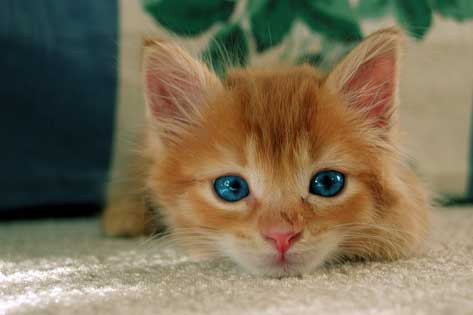 Best Ways to Introduce a New Kitten to Your Home
Your life with your new kitten begins on the r
Best Ways to Introduce a New Kitten to Your Home
Your life with your new kitten begins on the r
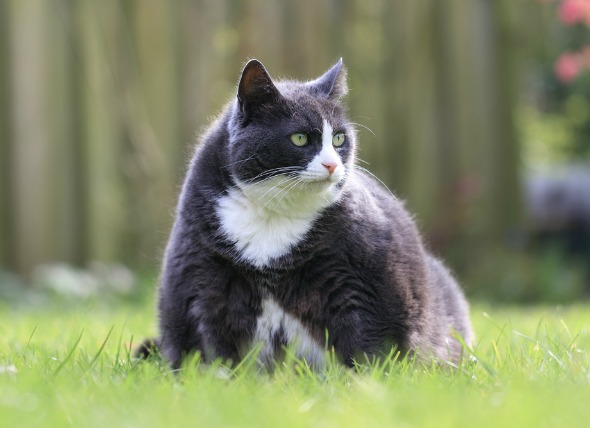 Obesity in Cats... and What to do About an Overweight Cat
Ever wonder what to do about your overweigh
Obesity in Cats... and What to do About an Overweight Cat
Ever wonder what to do about your overweigh
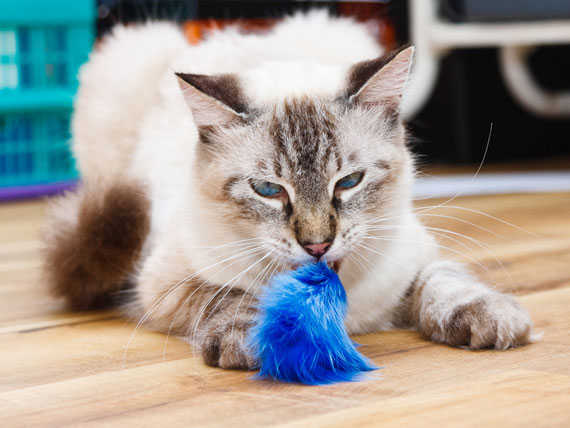 Does Your Aging Pet Need a New Diet and Lifestyle?
HOW DIET AND EXERCISE CAN MAKE YOUR SENIOR PE
Does Your Aging Pet Need a New Diet and Lifestyle?
HOW DIET AND EXERCISE CAN MAKE YOUR SENIOR PE
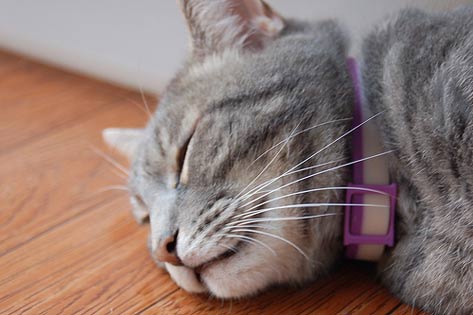 10 Ways to Stop Fleas from Biting Your Cat
By Jennifer Kvamme, DVM
There are l
10 Ways to Stop Fleas from Biting Your Cat
By Jennifer Kvamme, DVM
There are l
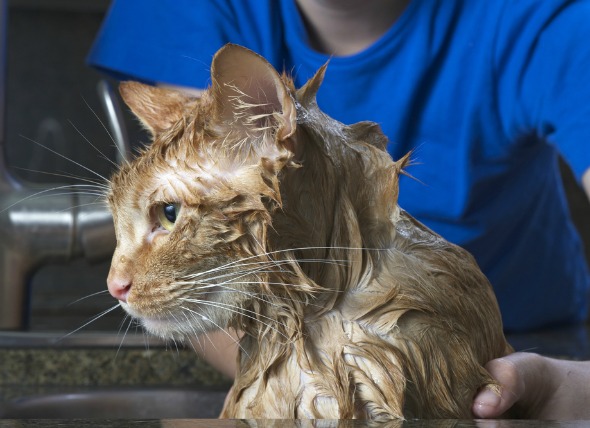 10 Ways to Stop Ticks from Biting Your Cat
By Jennifer Kvamme, DVM
Removing ticks is undoubte
10 Ways to Stop Ticks from Biting Your Cat
By Jennifer Kvamme, DVM
Removing ticks is undoubte